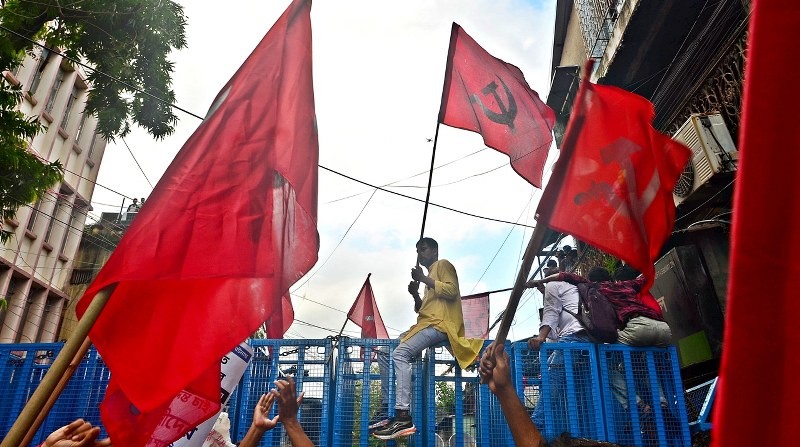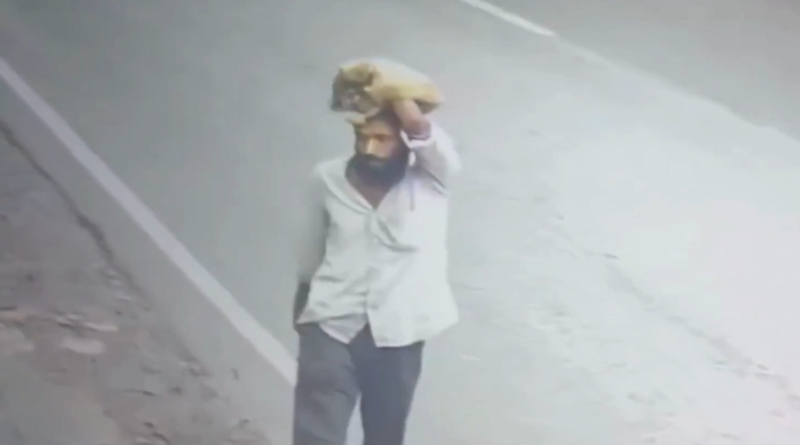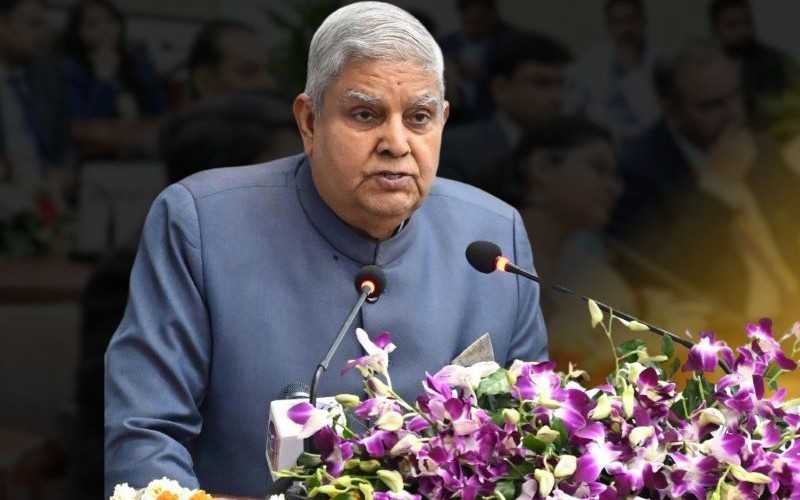Hijacking multiculturalism: The cost of Khalistani radicalism in Canada

Canada has long prided itself on its values of multiculturalism, freedom of speech, and peaceful coexistence.
Yet, these very principles are being weaponized by a radical minority of Khalistani extremists who are creating discord, inconveniencing law-abiding Canadians, and undermining our nation’s geopolitical relationships.
Recent incidents exemplify how this group’s unchecked activities are harming Canada’s social fabric and national interests.
A protest outside a local temple, ostensibly against the Indian government, is a microcosm of a much larger problem. Inside the temple, elderly individuals of diverse backgrounds—Hindus, Sikhs, Muslims, and Christians—were simply fulfilling a procedural requirement to maintain their Indian pensions.
This mundane but necessary event, which fosters financial stability for many immigrant families in Canada, became a target for disruption.
These extremists attempted to block this process, claiming it as a protest against India’s policies. The reality? This was an attempt to destabilize financial flows into Canada and sow discord among communities.
The actions of these radicals reveal a troubling allegiance not to Sikhism or the well-being of Canadians but to external forces with interests in destabilizing India and, by extension, Canadian-Indian relations.
Allegations that Khalistani activists are supported by Pakistan and China are not new and align with those countries’ broader geopolitical strategies to weaken India.
By disrupting events like the pension certification process, these extremists aim to undermine the trust and collaboration between Canada and India, two democracies that share vital economic and strategic ties.
But this isn’t just about geopolitics; it’s about the impact on ordinary Canadians. The elderly individuals inconvenienced by the protest represent the heart of our immigrant communities, people who have worked hard to build lives in Canada while maintaining connections to their heritage.
Many rely on their pensions for financial stability. To have extremists interfere with such a personal and necessary process is not only disruptive but cruel.
It also reveals the deep hypocrisy of Khalistani activists who claim to fight for justice and freedom while causing real harm to the most vulnerable members of their own communities.
Moreover, these actions tarnish the reputation of the broader Sikh community in Canada, which has overwhelmingly contributed positively to our society.
The vast majority of Canadian Sikhs reject the Khalistani agenda, valuing harmony and integration. Yet, the extremist minority’s loud, disruptive tactics risk overshadowing this reality, perpetuating stereotypes and mistrust.
Canadian authorities must take a firmer stance against such disruptive activities. Freedom of speech is not a license to harm others or destabilize communities. The actions of Khalistani extremists, from their public disruptions to alleged violent activities, require a measured yet decisive response.
Law enforcement and policymakers must ensure that protests remain peaceful and lawful while cracking down on activities that threaten public safety or align with foreign agendas.
Canada also needs to reevaluate how it engages with diaspora politics. While it is important to provide space for diverse voices, we must guard against allowing foreign geopolitical agendas to spill over into our domestic affairs.
By failing to address the issue of Khalistani extremism, Canada risks being seen as a soft target for radicalism, compromising our reputation on the global stage.
(Image and Text courtesy: Khalsavox.com)





